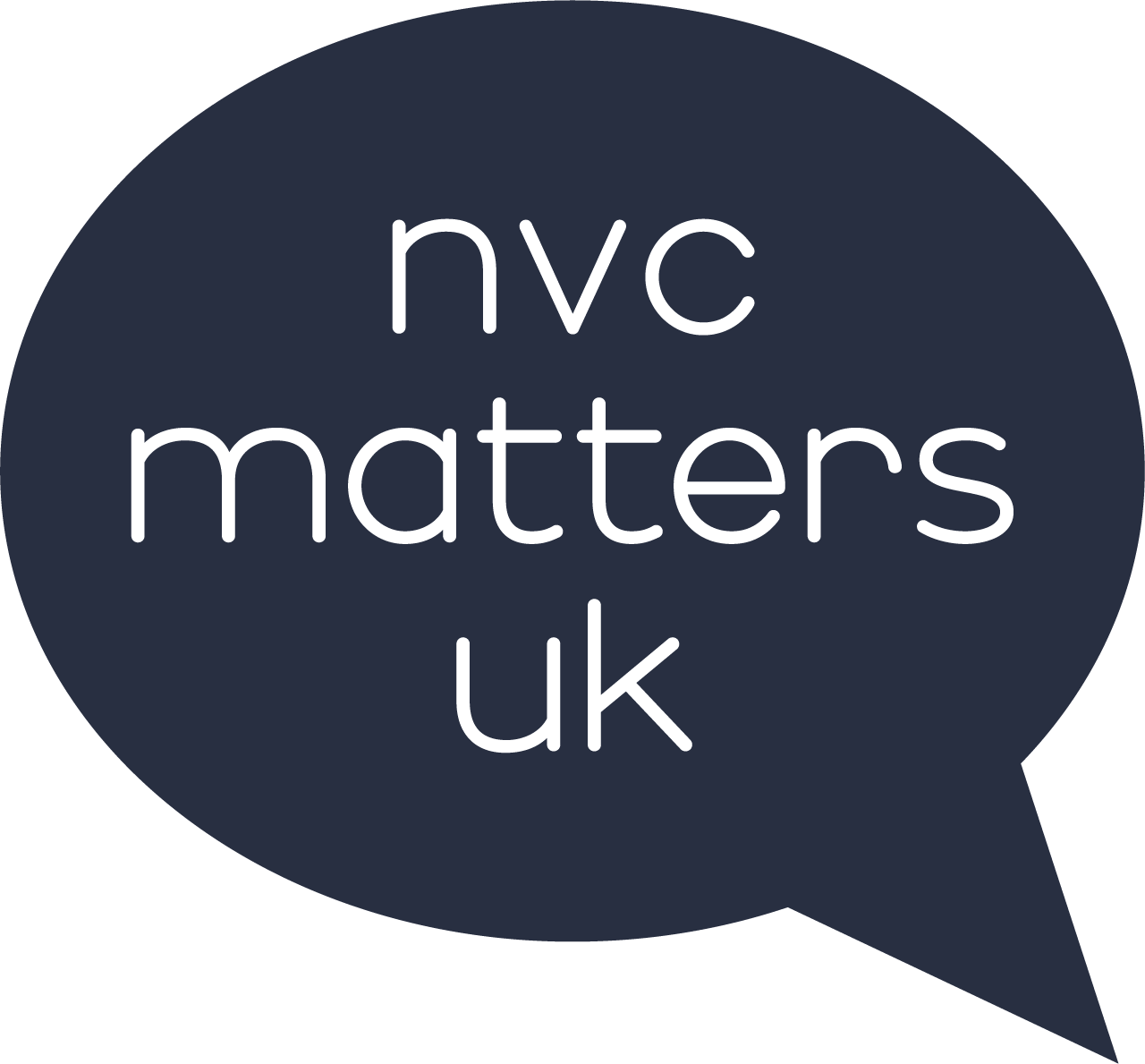
Participant in an NVC reconciliation in the Middle East
A moving and inspiring blog post by NVC Facilitator, Shantigarbha about his experience facilitating reconciliation through NVC in the Middle East.
I wanted to find out if the Nonviolent Communication I had learned from Marshall Rosenberg really did work in these kinds of situations.
I also wanted to reclaim a sense of humanity by meeting and getting to know people from both ‘sides’.
I haven’t been able to respond to the current round of hostilities between Israel and Gaza. Like others, I’ve been struck numb by heartbreak. So firstly I want to acknowledge a profound sense of horror at the renewal or mass murder as a way of dealing with conflict. I want to acknowledge the immeasurable suffering that this stimulates, both now and in the future, as violence reverberates through traumatic memories.
Watching the news has led me to reflect on my experiences from 2011, when I went as part of a team of NVC trainers, including Roberta Wall, Hagit Lifshitz, and Sylvia Hasvitz to facilitate a 9-day reconciliation event for 100 Israelis and Palestinians. I wanted to find out if the Nonviolent Communication I had learned from Marshall Rosenberg really did work in these kinds of situations. I also wanted to reclaim a sense of humanity by meeting and getting to know people from both ‘sides’.
I still remember how I felt arriving – excited and anxious, verging on paranoia, feeling the armoured vehicles rumbling on the road beside the venue, and hearing the scream of jets overhead many times a day.
I quickly found out that people had faced opposition from their own communities to attend. Some hadn’t made it, stopped at checkpoints along the way. The one thing that united them, whatever community they came from, was their lack of confidence in the political process. They knew that the way forward for them individually and collectively was to meet and dialogue.
Several times a day, that dialogue came to a hard, painful place, where participants were in too much pain to hear each other. At this point, we went into smaller groups and gave people a chance to be heard. Later, we came back together for eating, singing, and dancing. I learned that it was this combination of Nonviolent Communication and community-building that seemed to support connection and understanding most effectively.
And the end result? Friendship! Everybody joining in a Jewish Shabbat celebration with singing and dancing. Being invited to a mock Palestinian wedding to learn their dances. What I understood is that if you want to be friends with Palestinians, you need to learn their wedding dances, because otherwise, how can they invite you to their weddings?
And since I’ve come home, I’ve realized that it’s friendship that holds us together when we see the latest cycle of violence in the news. We have a tendency to demonize those we assess have ‘done us harm’. Friendship mitigates this tendency, reminding us that we have friends who are… Israeli… Palestinian… It helps us to stay connected with their humanity… and ours.
One thing I heard repeatedly was what I came to call ‘the body count game’. In this game, each side keeps a tally of how many bodies have piled up on their side and the other side. If the count gets uneven, they think they are justified in going out and killing some of ‘the other side’ to even things up. I learned two things: one was that comparing one suffering with another person’s suffering doesn’t lessen either. The second was that I always had a choice to hear the cry of pain rather than see the finger of blame.
It’s that compassionate response that I’m still looking for within myself. I know from my Buddhist training that compassion means focusing on the wellbeing of beings, what they need to flourish and thrive. If you focus on their suffering, you’re likely to get overwhelmed. So what do people in the region need to flourish and thrive?
It’s not rocket science. I guess in the first place that they need acknowledgement for the impact of what has happened, both in this latest cycle of violence and in previous cycles. Especially understanding for the emotional impact on them. I guess that they need safety and security. I guess that they need dignity and respect for life. I guess that they need to matter, to be valued. I guess that they need freedom of access to their holy places. I guess that they need empowerment and self-determination to the fullest extent compatible with the security of other groups.
Could this understanding of mutual needs be the basis for meeting as human beings who naturally care for each other? Could we understand that nobody’s needs get met unless everybody’s needs get met? That I am not safe on this planet unless the people around me are safe?
Interested in how NVC can support reconciliation? Watch Nonviolent Communication Training, EcoME 2012 (11 mins).

Thankyou, and am meditating on this line:
“Could we understand that nobody’s needs get met unless everybody’s needs get met?”